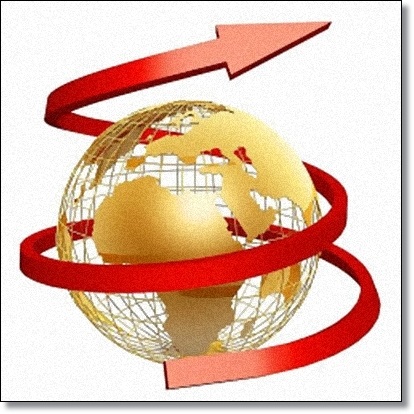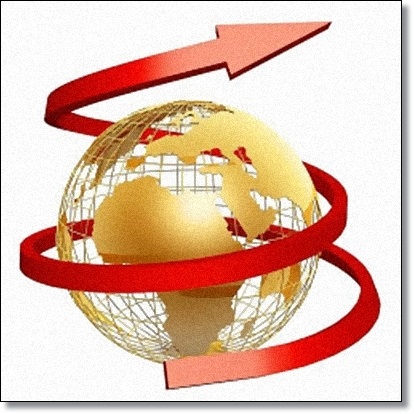Africa: The Road to Sustained and Inclusive Economic Growth

 |
For Africa, the inclusion of the private sector in the continental transformative agenda is an imperative priority to sustain the current episode of high economic growth. This vision is reflected in national development plans whose syntheses are aligned in the 2013- 2017 Strategic Plan of the African Union Commission and its Agenda 2063.
The private sector is considered as a key partner to support continental efforts to build a more prosperous Africa, home of peace and stability where the wealth generated benefit all, transcending barriers related to age, gender, religion and geographical boundaries. In this context, the Commission of the African Union through its Department for Economic Affairs is in the process of finalizing its 2015 - 2019 Medium-Term Strategy for the harmonious development of a vibrant and competitive private sector, engine of growth which generates decent jobs and creates increased opportunities to harness the current demographic dividend. To achieve this, however, the challenges ahead of us are significant.
Africa still has a long way to go to achieve its transformation, create the jobs that our young people need and increase its participation in the global trade value chain. That is why we are not confusing this decisive turning point with a tipping point. That is why we must make a clear distinction between the necessary sustainable and inclusive economic growth and economic transformation which is the strategic objective.
In 2014, Africa’s growth rate will accelerate and reach 6.1% per year. A dozen countries will exceed this rate. However, what Africa needs is a minimum growth rate of 7% per year over several years, a better shared, more inclusive, and not too volatile growth. Today, what prevents us from reaching that goal is a combination of several factors. However, I would like to focus on four: The need to step up the supply of food, energy, and water to meet the needs of our ever growing population now standing at 1.1 billion, at a time when environmental degradation and the pressing need to tackle climate change makes this especially challenging.
In seeking solutions to these challenges, the innovation, technical expertise, and investment of the private sector is greatly needed and in our renewed partnership, we must build for sustainable development. Allow me to mention but a few areas which are ready and promising in terms of investment returns but which can also contribute to addressing challenges of inequality and rampant unemployment on the African Continent.
First, Agriculture; The African continent is currently home to 60% of the world’s total uncultivated, arable land. As the world’s population increases rapidly (recently exceeding the 7 billion mark and 9 billion in 2050), global agricultural production must rise to feed these growing numbers. This creates business opportunity for the manufacture and marketing of products such as fertilizers, pesticides and seeds as well as a demand for food processing and ago - processing such as grain refining, value addition and packaging. Value opportunities exist in textile industry and commodities such as tea, coffee just to name a few. "In fact Africa in now ready to be next hub of textile production. The growth in agro-industry has been buttressed by improved business environment through implementation of the Comprehensive Africa Agricultural Development Programme (CAADP). Already, a growing number of private equity funds are springing up to finance agricultural production in Africa.
Second, Tourism; Several African countries have become world’s favorite tourism destinations. According to the United Nations World Tourism Organization, tourist arrivals into Africa in the year 2012 exceeded 49 million and are likely to pass the 50 million mark in 2014. There are opportunities in luxury safari lodges and a luxury retreats.
Third, ICT ; This is one of the fastest growing and most promising sector. There are well over 1 billion mobile phones in Africa and the use of computer is rapidly expanding. A whole range of business opportunities exist from e-commerce, international call centers, mobile services to assembly/and or manufacturing.
Fourth, Infrastructure; Investing in infrastructure is critical to Africa’s growth. While there have been significant improvements in the development and quality of infrastructure across the continent, there is still a clear- cut deficit. Needless to say, this shortfall has its consequences, including bottlenecks in the smooth running of trade and export activities.
While funding infrastructural development in Africa is not cheap, the continent requires about $93 billion annually to cover infrastructure needs. Of course, the financing capacity of individual country governments is limited; hence there are opportunities for private investors to partner with African public and private in the development of under- performing infrastructure —such as investing in reliable power supply, water resources, roads and railway systems among others.
Fifth, Fast moving consumer goods: With Africa’s exploding middle class (over 300 million people) always looking to be serviced with new products, Africa’s fast moving consumer goods sector looks promising. There is a huge and ever- growing opportunity for manufacturers and retailers of FMCGs like food, beverages, and homecare and personal care products.
Sixth, Mining: Several African countries have vast deposits of mineral resources that have been left largely unexploited because of a lack of technical know - how, as well as the financial incapacity to embark on capital - intensive mining projects. The continent also has a wide array of mineral resources which include iron ore, coal, bauxite, gold, tin, lead, oil and zinc which haven’t been exploited. This creates an investment opportunity for our European friends without compromising Africa's chance to benefit from value addition and wealth creation opportunities in both artisanal as well as industrial mining.
Securing our future in the 21st Century requires us to secure our prosperity. This means harnessing economic growth wherever in the world it is occurring. It means supporting our private sector and ensuring that it can compete in an increasingly competitive global marketplace. It means strengthening our relationships with our strategic partners, deepening our understanding and working together to seize the opportunities that it presents.
By H.E. Dr. Anthony Mothae M Aruping
Commissioner for Economic Affairs, African Union Commission.
